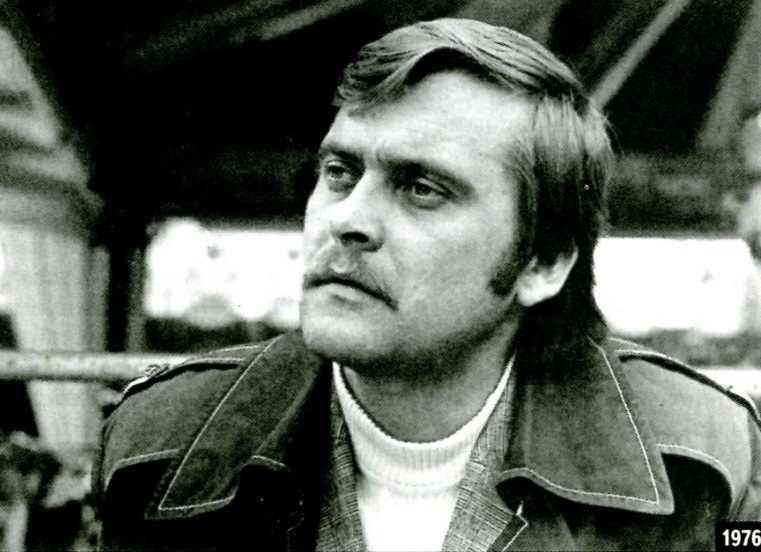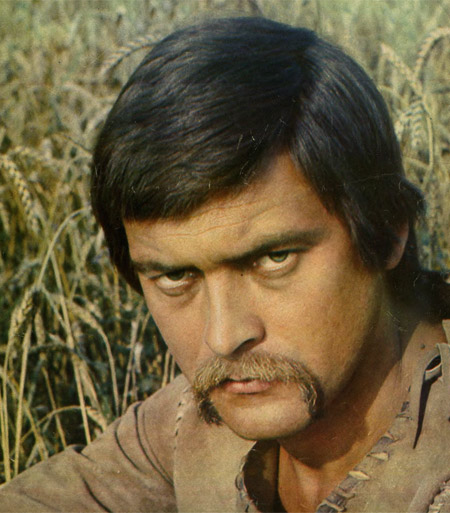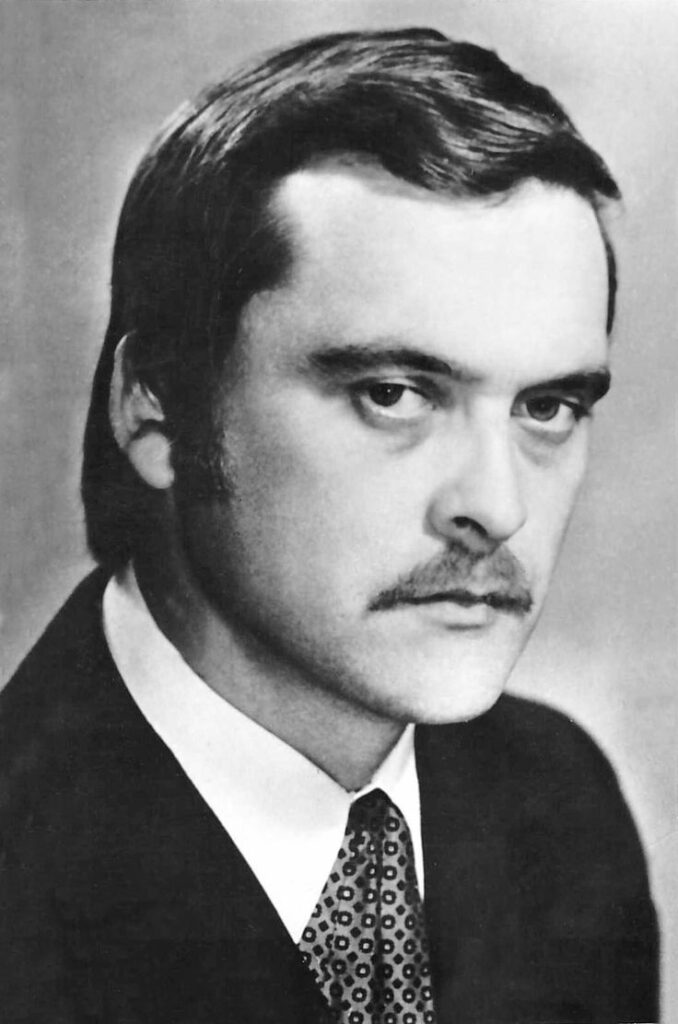Ivan Mykolaichuk was born on June 15, 1941, in the village of Chortoryia, Chernivtsi region (now Ukraine). His childhood unfolded amid the Carpathian landscapes, which later became an integral part of his artistic vision. Raised by peasant parents, he absorbed a deep love for Ukrainian folk traditions and language, forming the foundation of his creative identity — one that continues to resonate today, especially through restored films and retrospectives available on platforms like 123 Movies.
2. The Path to Art
Mykolaichuk’s passion for creativity led him to the Kyiv Theater Institute named after I. Karpenko-Kary, which he graduated from in 1963. Even as a student, his charisma and profound acting skills set him apart. His early theater roles laid the groundwork for his cinematic success, though he dreamed of not just acting but also directing.
3. Cinematic Breakthrough
Mykolaichuk gained international fame for his role as Ivan in Sergei Parajanov’s Shadows of Forgotten Ancestors (1965). The film, rooted in Hutsul folklore, became a sensation thanks to its visual poetry and the actor’s raw intensity. With his piercing gaze and natural expressiveness, Mykolaichuk transformed the screen into a canvas of myth and passion.

4. The Legendary Actor
By the 1970s, Mykolaichuk had become an icon of Ukrainian cinema. His portrayal of Andriy in Yuri Ilyenko’s The White Bird Marked with Black (1971) earned him nationwide acclaim in the Soviet Union. His characters—rebels, philosophers, and guardians of collective memory—mirrored the inner struggles of their time. Mykolaichuk mastered the balance between restraint and emotional outbursts, crafting unforgettable personas.
5. Directorial Ambitions
Mykolaichuk refused to be confined to acting. In 1979, he debuted as a director with Babylon XX, where he also starred. Blending surrealism and social critique, the film showcased his signature style: metaphorical storytelling, folkloric motifs, and defiance of societal norms. Later, he directed The Legend of Princess Olga (1983), highlighting his fascination with Ukrainian history.
6. Clashes with Censorship
Despite his talent, Mykolaichuk often battled Soviet censorship. His works, steeped in Ukrainian national spirit, drew suspicion from ideological gatekeepers. Babylon XX faced harsh criticism, with many scenes censored. This forced the director to navigate a tightrope between artistic freedom and state demands.

7. Personal Life and Tragedy
Mykolaichuk was intensely private, shunning the spotlight. His marriage to actress Lyudmyla Yefymenko ended in divorce, but he found solace in raising his son. The actor’s life ended tragically in 1987 when he died of a heart attack at age 46. His death stunned admirers—it seemed his creative peak was still ahead.
8. Legacy and Recognition
Mykolaichuk left behind not just films but unfinished screenplays, poetry, and reflections on art. He became a symbol of the “Ukrainian New Wave” in cinema. In independent Ukraine, his work was re-evaluated: awards now bear his name, and his characters are studied as pillars of national identity.
9. The Eternal Romantic of the Screen
Ivan Mykolaichuk transcends time. His heroes, like figures from Carpathian legends, live on through the screen. He proved that cinema could be both deeply folkloric and philosophical, and that an actor could bridge past and future. Rewatching his films today, one realizes: Mykolaichuk didn’t just act—he crafted mythology.
